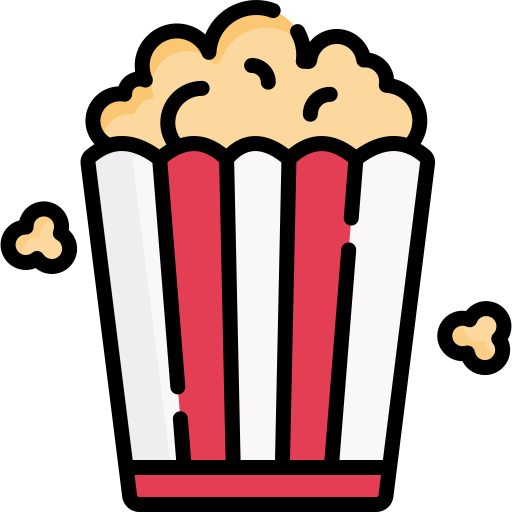

There are probably better ways to block out the sun. Glass is heavy and would cause a lot of problems. Something that floats high in the sky would be better, but it would unfortunately move with the wind and weather. If you could get something big enough to space, in a geosynchronous orbit, it just might work…


Could be a fan starting up and hitting something like a loose wire.